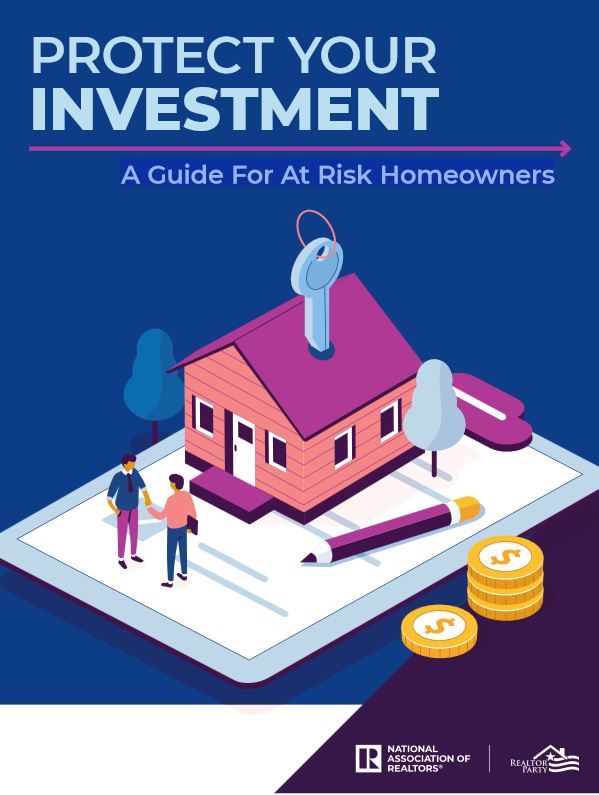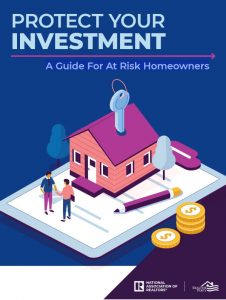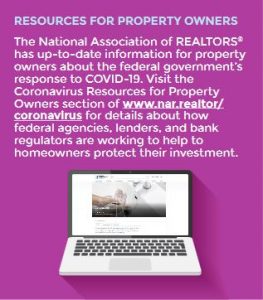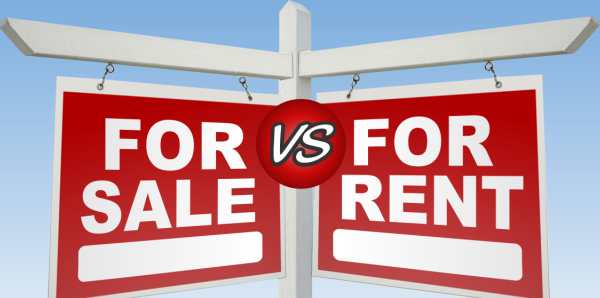PROTECT YOUR INVESTMENT – A Guide For At Risk Homeowners


 PROTECT YOUR INVESTMENT
PROTECT YOUR INVESTMENT
The impact of COVID-19 was swift and unexpected, leaving many people in a financial emergency. If you are a homeowner who is struggling or unable to meet your loan obligations, work with housing experts and your lender to find a solution, now. Don’t wait until you fall behind to seek help. Acting quickly may help you keep your home and the money you have already invested in it.
 Repayment Plan. If you can’t afford reinstatement, but can start making payments to catch up, the lender may let you pay an additional amount each month until you are caught up.
Repayment Plan. If you can’t afford reinstatement, but can start making payments to catch up, the lender may let you pay an additional amount each month until you are caught up.
Loan Modification. Your lender may agree to amend your mortgage. The options include:
» Adding all the missed payments to the loan amount & increasing the monthly payment to cover the larger loan.
» Giving you more years to pay off the loan, lowering the interest rate, and/or forgiving part of the loan, to lower your monthly payment.
» Switching from an adjustable-rate mortgage to a fixed-rate mortgage, so you aren’t exposed to increases in your monthly payment.
» Requiring amounts for taxes and insurance to be included with your monthly mortgage payment so you avoid big bills in addition to your mortgage.
TALK TO YOUR LENDER
Talking to the lender or “loan servicer” that collects the payments should be one of your first steps. Here are some options to discuss:
Forbearance. Lenders may let you make a partial payment or skip payments. You’ll have to repay any missed or reduced payments in the future. Forbearance does not erase what you owe.
Reinstatement. Reinstatement refers to making a payment that covers all your late payments, usually at the end of a forbearance period.
WATCH OUT FOR SCAMS AND UNFAVORABLE LOAN TERMS
Here are some warning signs:
Sounds too easy. “Guaranteed approval” or “no income verification” regardless of borrower’s current employment, credit history, and assets.
Large future costs. High-risk adjustable rate mortgages where the payment rises a lot after the “teaser rate” period is seldom appropriate for families who already have had problems repaying other loans.
Barriers to refinancing. Prepayment penalties that make it hard for a borrower to refinance in order to pay off a high-cost loan by taking advantage of a low-cost loan.No down payment loans. These loans may be split into two mortgages, with one having a much higher cost. Homebuyers should be sure they can afford the payments.
Unethical document management. Ethical lenders and brokers never ask you to sign a blank document or a document dated before the date you sign.
REALTORS® CAN HELP
REALTORS® are in the business of helping people become homeowners and want to do everything they can to make sure you can afford to stay in your home.
» If your current lender isn’t willing or able to help, you may be able to refinance your current mortgage with another lender. REALTORS® may be able to help you find responsible lenders that make fair and affordable loans.
» Be wary of advertisements like “Cash for Houses/Any Situation” or “We Buy Houses for Cash.” These may be scams that bait homeowners with the promise of rescuing them from imminent foreclosure. Talk with a REALTOR® if you determine that selling your home is your best option. Feel free to give me a call if you have any questions. 702-378-7055
COUNSELING RESOURCES
Counseling agencies are in the business of helping borrowers like you. They are non-profit organizations dedicated to helping consumers avoid foreclosure and can be invaluable.
» The U.S. Department of Housing and Urban Development (HUD) website has a list of HUD-approved counseling organizations, by state (www.hud.gov/counseling). Use the list as a starting point to find a counselor or call HUD at (800) 569-4287.
» Watch out for questionable companies who advertise that, for a minimal fee, they will assist homeowners by hiring a lawyer to defend the foreclosure in court or negotiate lender assistance on the borrowers’ behalf. You should contact a HUD-approved counseling organization before you pay or sign anything.
Source: Are You Having Problems Paying Your Mortgage? National Association of REALTORS®, NeighborWorks® America, Center for Responsible Lending



